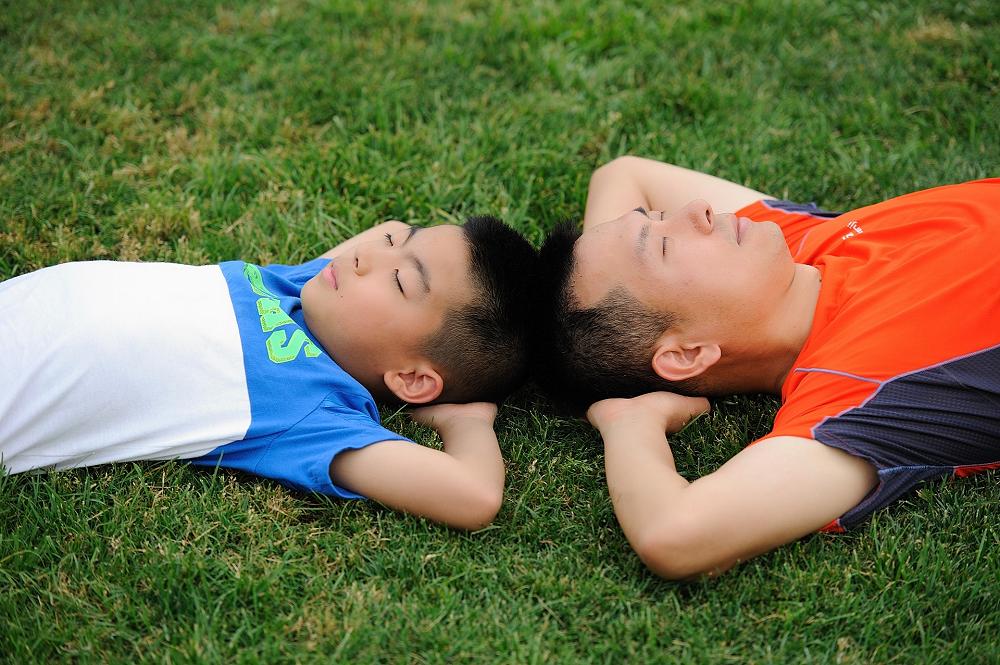
Looking out for our young people
The people of the Canterbury region have been challenged by some very difficult times in the past decade.
We know that the Christchurch earthquakes, Mosque shootings, and now the Covid-19 pandemic impact on us all in various ways. Overall, we have proven ourselves to be a strong and resilient community. We must not, however, forget that there are always people who are more vulnerable than others.
Our teenagers are vulnerable during times of change and high levels of stress and worry;
Teenagers often experience increased emotions due to their stage of brain development.
Teenagers can experience high levels of stress and worry, often feeling anxious.
- The part of the brain called the amygdala is very active in the teenagers. The amygdala is all about emotions.
- The pre-frontal cortex is a part of the brain that is still developing in the teen brain. This part of the brain helps with decision making, prioritising and risk assessment.
- The chemical that helps control feelings of anxiety in the child and adult brain has the opposite effect in the teen brain.
Our teenagers are super emotional, lacking the ability to make safe and sound decisions/judgements and are more likely to be feeling anxious right now.
Experiencing worry/anxiety is okay. It is natural to experience worry and stress due to an event in your life. Feeling stress and worry can be protective. But when our levels of stress and worry impact on our ability to carry out things in our day to day lives then it is a problem.
Signs that stress and anxiety may be a problem include;
- Feeling very intense emotions
- Stress / anxiety being around for longer than a week or two
- The heightened emotions have a negative affect on thoughts, behaviour and general health.
We talk to our students about a ‘culture of care’. At times like this it is important to take extra care of each other.
The Shirley Boys’ High School culture of care involves;
- NOTICING
- ASKING
- SUPPORTING
Noticing
Teenagers often lack the ability to regulate / control their emotions and can be at risk of acting impulsive to cope with times of high stress, so it is timely to be looking after ourselves and taking extra care of those around us.
Some changes in behaviour to look out for are;
- Changes in appetite, eating more or less
- Changes in sleep patterns, difficulty in getting to sleep
- Changes in mood, sadness, constant worry
- Irritability, anger, restlessness, agitation
- Difficulty concentrating
- Avoiding connecting and socialising
Our young people can also be at risk of increased use of alcohol, drugs, or medication, in an attempt, to cope with times that they are experiencing intense emotions. This behaviour can increase the risk of a young person acting impulsively.
We need to be looking out for this behaviour.
Asking
We encourage our students to care enough and be brave enough to ask about how someone is doing and if they need support if they notice something different.
- If you notice something has changed take the time to ask how they are doing, what is on their mind?
Supporting
Below are some ways that you can support your young person if they are experiencing difficulties around this challenging time;
- Listen more than talking. Sometimes young people just need to say what is on their mind, express themselves rather than wanting advice.
- Stay connected.
- Monitor use of technology / social media. Problem orientated conversations can lead to problem thinking. Seeing too much negative or exaggerated news / conversations etc can contribute to worrying thoughts.
- Provide perspective about what is happening, emphasising things are under control, there are positive and helpful things happening / in place.
- Physical activity.
- Good habits/routines around sleep.
Something as simple as letting your young person know that these are challenging times and that you are there to listen and talk if they want can be helpful.
Sometimes supporting involves reaching out for additional help and support from professionals.
Below are some places where support and information that might be helpful is offered;
Child, Adolescent and Family (CAF) Emergency team (Business hours) 0800 218 219 – press 2 for support in an emergency.
Lifeline – 0800 543 354 / www.lifeline.org.nz
Youthline – 0800 376 633 or free text 234
Call or text 1737 for the support of a trained counsellor.
Making contact with your young person’s form teacher is a good first point of contact if you wish to discuss any concerns you have about your young person with the school.
Or contact the Guidance and Counselling team;
Shirley Boys High School has put together a webpage with tips and resources for our young people to look after themselves during lockdown.
Included is a Support page with contact details of our Deans and Guidance and Counselling service. There is also a Whanau as Support page which has video clips about what we have talked about in this newsletter and links to support in the community.
The wellbeing site can be accessed through the Shirley Boys High School website, or via this link
https://sites.google.com/shirley.school.nz/wellbeing/home
